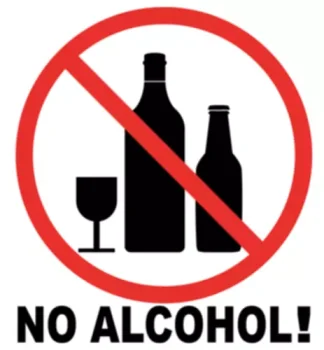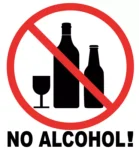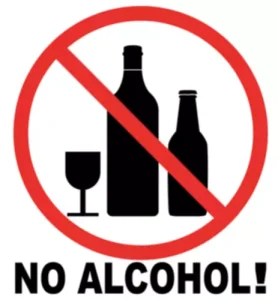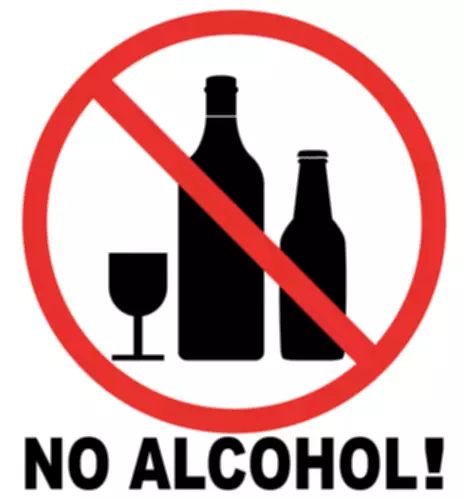
Sleeping pills are sedative substances that typically suppress activity in the central nervous system, and alcohol is a central nervous system depressant. Taking two drugs that affect the body in similar ways can compound their negative effects and lead to dangerous health issues. Contact a healthcare provider immediately if you have sleep medication problems as well.
Sleep medications and the elderly
As you build a tolerance to sleeping pills, you may turn to alcohol to amplify the sedative effects of the drug. This is extremely dangerous since both Ambien and alcohol depress your central nervous system, slowing your heart rate and damaging your respiratory system. Mixing Ambien and alcohol causes severe physical and cognitive impairment, can harm your liver permanently and increases your risk of ambien overdose exponentially. It’s important to note that the dangers of mixing alcohol and sleeping pills are not limited to prescription medications.
Detox Programs and Treatment Options
Some arthritis medicines, when combined with alcohol, can cause ulcers, stomach bleeding, and liver damage. Kava Kava, an herbal preparation, is sometimes used to treat these conditions. It, too, should not be used with alcohol due to liver damage and drowsiness risk. Alcohol and medicines can cause harmful effects even if they’re not taken simultaneously.

How do sleeping pills work?
If you take any medication—even over-the-counter (OTC) products—drinking alcohol might affect how your meds work. Research shows that regular alcohol intake can reduce sleep quality over time, potentially causing issues such as insomnia. Polydrug abuse (Ambien and alcohol) is an increasingly common — and deadly — issue in America, but it is highly treatable. If you or a loved one is addicted to Ambien and alcohol, do not attempt to detox at home, as this can land you back in square one, abusing drugs again.

Although OTC sleep aids and supplements are easily accessible, you should check with your healthcare provider before taking them. Drugs in over-the-counter sleep aids (including supplements) can interfere with other medications or make health conditions worse. The amount of alcohol and sleeping pills that it takes to overdose can vary depending on https://ecosoberhouse.com/ the individual and the specific substances involved. However, even small amounts of alcohol can be dangerous when combined with sleeping pills. There are many risks that can come with mixing sleeping pills and alcohol. Below is a list of some of the biggest risks involved with this mixture.
Taking prescription sleeping pills with alcohol can cause serious adverse effects. When taken together, their side effects may be enhanced, which can lead to a potentially fatal sleeping pill overdose. The FDA requires manufacturers of sleeping pills like Ambien and Lunesta to issue warnings about the dangers of mixing sleep aids with alcohol. In conclusion, mixing sleeping pills and alcohol can be extremely dangerous and should be avoided. If you are struggling with sleep, it’s important to talk to your doctor about your options.

What Are the Side Effects of Ambien and Alcohol?
- Alcohol Addiction Center is a free, web-based resource helping to bring education and information to the world of alcohol addiction.
- During a parasomnia, you are asleep and unaware of what is happening.
- They may help in some cases, but providers will usually only prescribe them for short-term relief.
- It’s important that you don’t mix alcohol with any of the following medications.
- We strive to create content that is clear, concise, and easy to understand.
The specific mechanism of action varies depending on alcohol and pills the type of sleeping pill. However, most sleeping pills enhance the effects of gamma-aminobutyric acid (GABA), a neurotransmitter that slows down brain activity and induces relaxation. While alcohol may initially make you feel drowsy and facilitate falling asleep, its effects on sleep quality are far from beneficial. Alcohol interferes with the normal sleep cycle, resulting in disrupted and fragmented sleep. Older patients may experience greater side effects from sleep medications.
Blood Thinners

The sedating effect of these drugs can be increased by alcohol, leading to slowed or impaired breathing, impaired motor control, abnormal behavior, memory loss, and fainting. Using sleeping pills and alcohol together exponentially increases the likelihood of developing a poly-drug use disorder and other co-occurring mental health disorders. In addition to the physical health risks alcohol and sleeping pill abuse pose to individuals, the two substances can take a toll on people’s mental health as well. Many individuals who use sleeping pills — both legitimately and recreationally — mix alcohol with the medications. Unfortunately, sleeping pills carry some risks, especially when mixed with other drugs or alcohol.
- “It’s generally advisable to avoid drinking alcohol when taking medications,” says psychiatric clinical pharmacist Mei T. Liu, PharmD, BCPP.
- For extreme insomnia, a provider may prescribe a short-term sleep aid.
- According to one study, as many as 44% of heart patients have trouble sleeping.
- Additionally, sleeping pills may also enhance the duration of sleep and improve sleep quality.
- The process typically involves a referral from a healthcare provider, followed by a pre-admission evaluation and verification of insurance coverage before admission.
- Here is a short list of the most common prescription and OTC drugs that can pose a risk to your health if mixed with alcohol, as well as what can happen if the substances are combined.
- It’s crucial to be aware of these dangers and understand the potential withdrawal symptoms and challenges that may arise.
- Staring at the clock or tossing and turning is no way to spend your nights.
You’ll want to see them if you’re taking sleeping pills longer than one month and still have trouble falling asleep, for example. Staring at the clock or tossing and turning is no way to spend your nights. Still, you should talk to a healthcare provider before trying an over-the-counter sleep aid. Often, nondrug treatments and behavioral changes are all you need for improved sleep.
